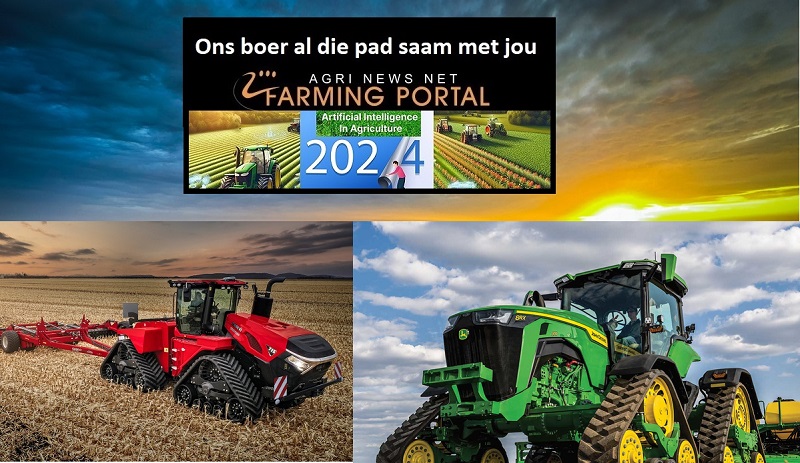Across Southern Africa, rangelands support a large amount of small-scale, communal livestock farming. A new IDS-led project, with partners in South Africa and the UK, explores the potential and challenges of context-sensitive and community-led approaches for stewardship of these rangelands.
The REPAiR project (Resilient and Equitable Nature-based Pathways in Southern African Rangelands) is a three-year project beginning in 2024, and funded by the UK’s Natural Environment Research Council (NERC) and the Foreign Commonwealth and Development Office (FCDO).
About the project
Across Southern Africa, communally governed rangelands and grasslands support wildlife, vast informal economies and millions of people. There has been international interest in rangelands as spaces for landscape restoration and ecosystems management associated with nature-based solutions (NbS). But these dynamic landscapes are often misunderstood.
Much of the evidence about NbS comes from very different settings in the Global North, with assumptions that are a mismatch to the histories and changing social, ecological and political contexts of Southern African rangelands.
In an introductory blog post for the project, IDS research fellow Amber Huff writes about the importance of context in designing and carrying out interventions.
“The problems NbS is meant to address – as well as capacities and knowledge to address them – vary dramatically across different regions, national policy environments, landscapes and histories, as well as among different groups of actors. Environmental management approaches based on generalised models of change that privilege technical precision and economic efficiency — without sufficient attention to socio-ecological context, the politics of place and situated landscape processes — can undermine transparency, justice and agency at a local level. Such approaches can also create inequitable labour relations, and can impose ideas of sustainability and equity ‘from above’ that are a mis-match to local experience and concerns.”
 Planting trees in grasslands won’t save the planet – rather protect and restore forests
Planting trees in grasslands won’t save the planet – rather protect and restore forests
These concerns are not only shaped by current circumstances, but also by the historical context. Dr Farai Mtero of the Institute of Poverty, Land and Agrarian Studies (PLAAS) writes about the impacts of South Africa’s history on present-day policy making.
“Colonial and apartheid ‘improvement’ policies were often accompanied by the distortion of the traditional authority governance systems. Any present-day ‘solutions’, including NbS, which aim to enhance the resilience of marginalized populations to climate and ecological crises, must be sensitive to these historical realities and the multiple ways in which they continue to shape the present.”
Cases and methods
To understand the contexts and their implications for policies and practices, the REPAiR project will work on case studies focused on sites in KwaZulu-Natal and the Eastern Cape, South Africa. Researchers will use methods from natural and social sciences, including ecological surveys and participatory approaches with local people. The project will also analyse how relevant policies are shaped, the effects of these policies and how they could change.
Alongside the work in South Africa, the project will exchange knowledge with collaborators in other countries in Southern Africa and beyond.
The project brings together social and natural scientists, researchers in the environmental humanities, storytellers and visual artists, communications specialists, livestock farmers and civil society groups. It involves a partnership with Meat Naturally Africa (MNA), a social enterprise working with groups of communal livestock farmers to promote regenerative herding practices, offering training and creating community incentives.















